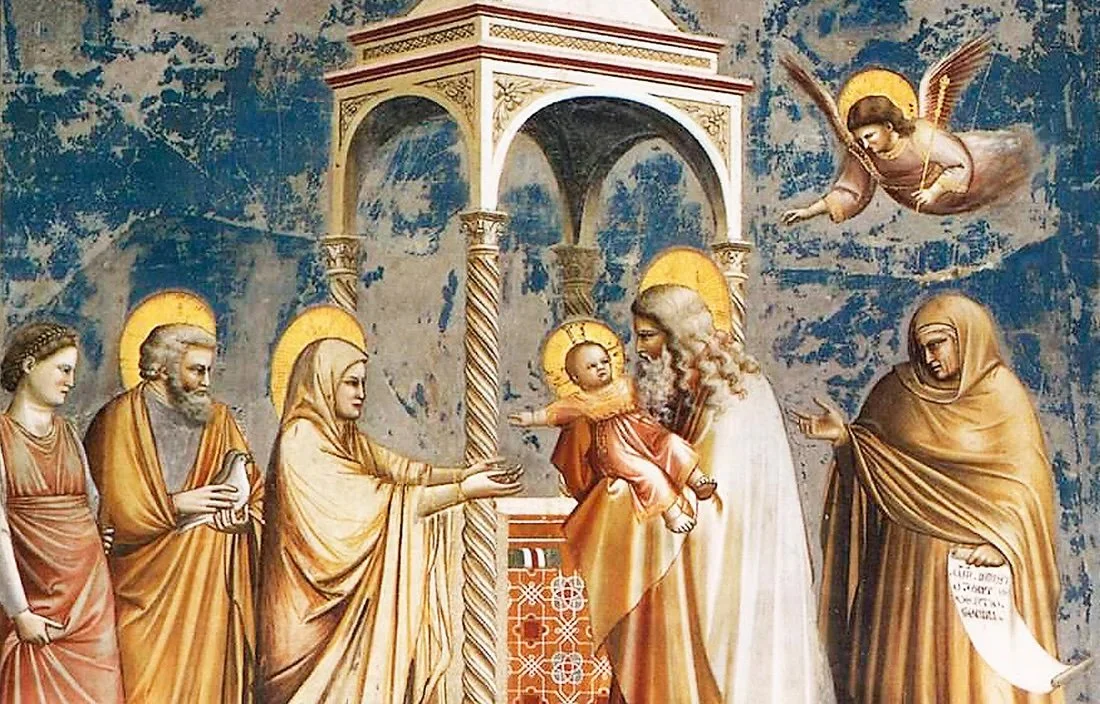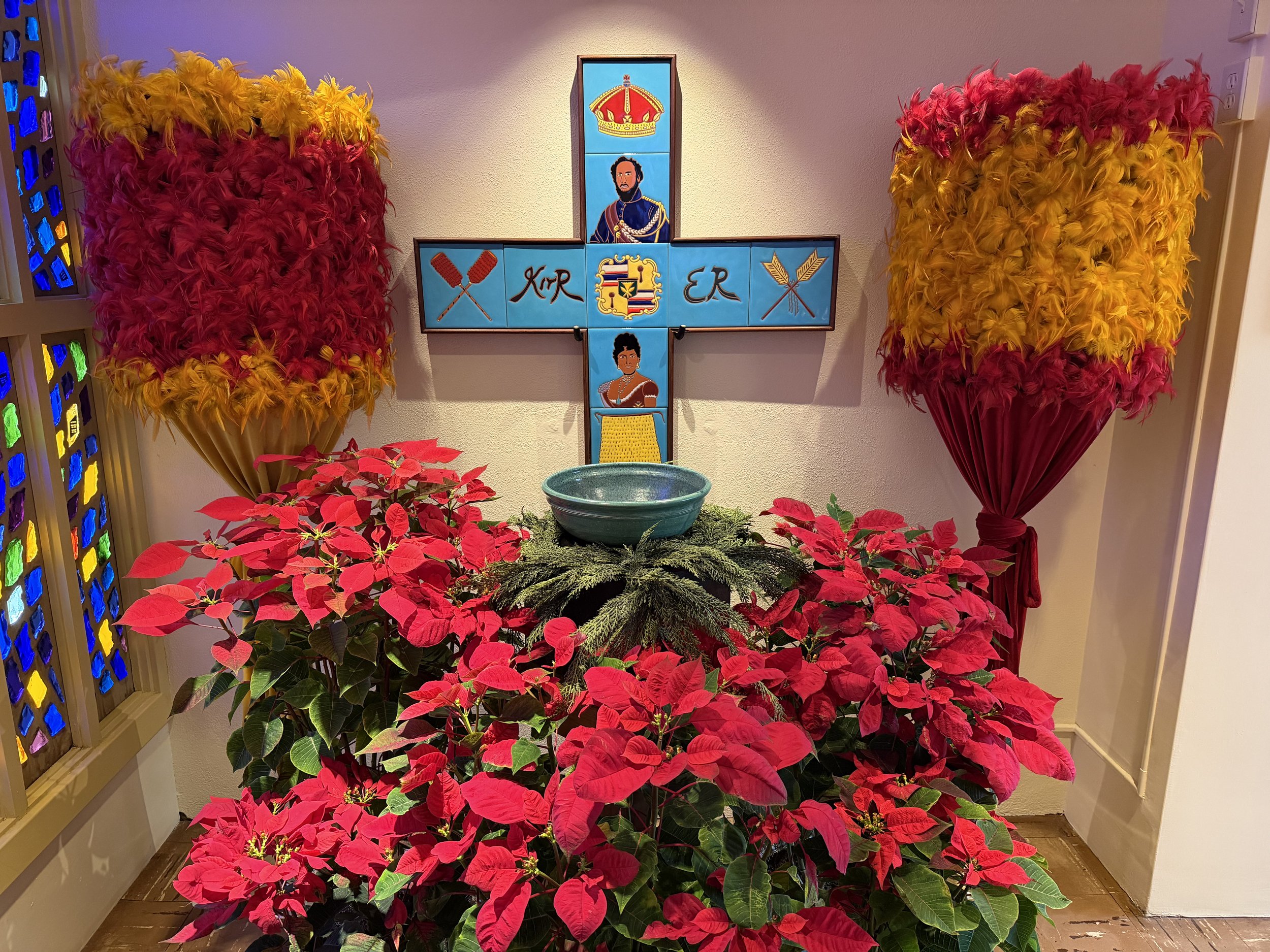From the Rector: Summer Book Group
/Last Wednesday night our book study group met to discuss Carlos Eire's Waiting for Snow in Havana. You can find out more information about the book and our book study group at St. Mark's in this email. The story recounts the life of young Carlos, a Cuban boy living in Havana at the time when Fidel Castro came to power. It is full of humorous stories from Carlos' childhood, as well as the serious nature of revolution and its effects on the lives of ordinary people. Carlos' life will never be the same due to Castro's ascendancy. He will become a refugee, an orphan, as well as a man who struggles with how random events in life can have catastrophic results. While reading the book I have been reminded that whenever anyone receives power, they have the power to oppress. The novel also makes it clear that many times the forces which seek to liberate people will only enslave them in new ways. Oppression often begets oppression if people allow.
When Carlos, like many other Cuban children, is airlifted to Florida, he must face racism too. How is it that one could be white in Cuba but in Florida one becomes a dirty spic? In the case of Carlos' mother, can you imagine being an older woman, used to many comforts, and ending up in another country where everyone views you as subhuman because you are from Cuba? Now you must find a job, but you have no skill sets for this foreign land, language is a barrier, and frankly, you are older and it is terrifying to start life anew. How many of our Kupuna could do such a thing, without any family to help but two young boys in high school? These are some of the questions that arose in our book study. This book also reminds us that there are people who come to Oahu who share similar stories of being orphans, refugees, and exiles.
On Wednesday, August 21 at 7:00 pm our book study group will meet again. The book for discussion is Learning to Die in Miami, also by Carlos Eire. This book continues the life story of Carlos and his family, sharing the long-term effects of that fateful exile from their homeland. Currently there are between eight to ten of us who gather for these book studies, but we always make room for more people. Come join us if you want.
I should also mention that even though these books relay some serious drama and passion, there is also great humor. I still laugh every time when I think about Carlos and his childhood friends hiding outside of a window while some adults conduct a séance inside. As they are waiting for the dead to speak to them, and they are enraptured in great seriousness and solemnity, one of the boys releases the loudest burp every known to humankind. "Ay dios mio" a woman screams from inside the house, and the boys go running. It was the séance of all séances, and as a priest of the church, I think that boy's blasting burp was a very appropriate response to such an adulthood gathering!
Father Paul Lillie+







